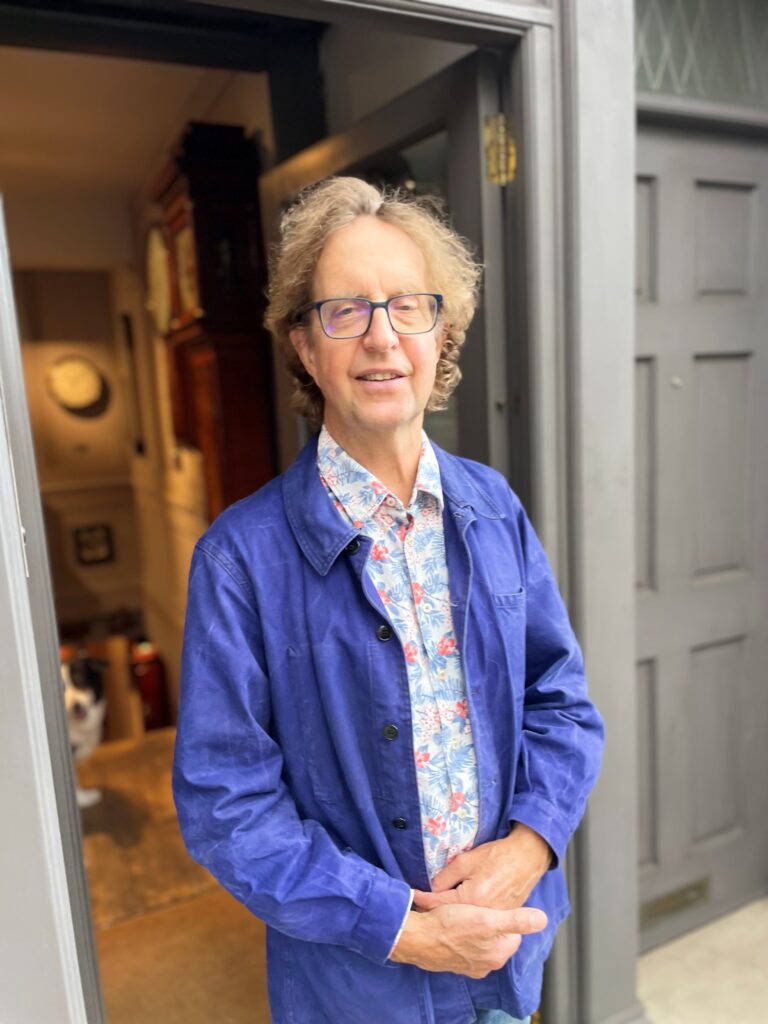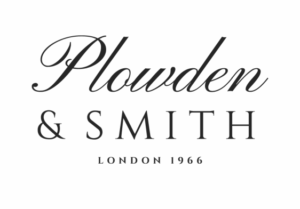Howard Walwyn – Howard Walwyn Fine Antique Clocks
Howard Walwyn is an award-winning and leading specialist dealer in English antique clocks dating from the 17th century until the mid-19th century. His gallery, Howard Walwyn Fine Antique Clocks, is located in the heart of West London’s famous Kensington Church Street and he has regularly exhibited at leading international antiques fairs in both London and New York.
The interested buyer will find clocks by some of England’s greatest clockmakers including Thomas Tompion, the Knibb family, George Graham, Daniel Quare, the Vulliamys, Dent and Frodsham in the gallery or online.
Whether offering advice to the first-time buyer or to the collector looking for the rarest pieces, Howard’s experience, expertise and integrity mean he can help you to source just what you are looking for from his wide ranging and ever-changing stock.

Pictured: Howard Walwyn
Thanks to his background in linguistics, Howard is also able to conduct business with international clients in the major European languages. His easy, approachable manner and ability to listen to his clients ensure he can guide you no matter what your needs or budget.
- What is it that first drew you towards clocks?
I grew up in a ‘clockless’ household but visits to family and friends with clocks which sounded the hours and quarters fascinated me. With my meagre savings I bought my first clock at the age of 18 on my way to school. Sadly, my mother deemed it ‘persona non grata’ and I have been making up for that failed purchase ever since!
My passion for the finest English longcase and table clocks which combine the technical skills and innovation of the clockmaker along with the fine craftsmanship and designs of their specialist casemakers has never waned. There is still nothing quite like the excitement of finding a previously undiscovered and untouched horological gem in a house or a sleepy auction somewhere.
- What are the challenges of dealing from a gallery in London?
The dreaded ‘O’ word: overheads. For many dealers the high rents, rates, staff salaries, building maintenance and sundry other running costs of a gallery in a good central location are the biggest challenge. Fortunately, renting in Kensington Church Street is more reasonable than in the West End. Thus, it remains one of the last streets in London which still has a number of thriving fine art and specialist antique dealers.
- And what are the benefits?
People come to visit us from all over the world.
Having our own gallery space means we can hold exhibitions and talks in addition to having our stock of fine English period antique clocks and furniture permanently on show. It feels good to be rowing against the current tide of shop closures and dealers selling everything online. Our customers really appreciate the fact that they can come and see/handle our clocks in a recreated 18th century room setting. Our curated website is of course also a great ‘virtual shop window’ for those unable to visit the gallery in person.
- Who collects clocks these days and what do they look for?
Clock enthusiasts, like the clocks themselves, come in all shapes, ages and sizes and no two collectors are the same! We have clients who range from museum curators, pop royalty and real royalty alike, to politicians, highly educated professionals, schoolteachers or ‘techy’ mechanical types.
We try to offer a sufficient variety of timepieces and prices to appeal to as wide an audience as possible. The educator in me means we are ‘inclusive’ rather than ‘exclusive’. Collectors are not born, they develop over time and often start by buying an inexpensive wall or carriage clock, before they are ready to buy something really special by a famous maker perhaps. What unites all of them is a passion for the historic clocks themselves and the fact that they are nearly all signed by the makers whose lives and times are often well recorded.
- What would be your one piece of advice to anyone thinking of working in the art market?
Try to find an area in the decorative arts which you are passionately interested in. Go to the museums and specialist private and public galleries, attend exhibitions and historic houses and read as much as possible related to your area of interest. View the specialist auction sales where you can directly examine pieces close up and handle them. Most dealers and experts are delighted to share their specialist knowledge with those who show an interest and are often keen to encourage younger people to work in their specialist field.
- If you could own one clock, what would that be?
I particularly love the clocks made by Joseph Knibb, who worked in London in the last quarter of the 17th century. One such horological treasure is a small ebony striking table clock with a black velvet dial and silver hands, chapter ring, spandrels and mounts. It is not only stunningly beautiful but is also signed by Joseph Knibb and dated 1677. The clock was previously owned by England’s greatest 20th Century watchmaker, George Daniels – not to mention its Royal provenance in the more distant past.
- Tell us something unusual/unexpected about yourself.
In the 1980s I taught languages in schools and universities in the UK and overseas. In 1987 I gave up the ‘safe’ teaching job with a regular salary and pension to become a roving antiques dealer. I bought an old Royal Mail van, painted over the logo and worked as a runner buying and selling clocks to other dealers with retail shops. What I learnt ‘on the road’ and the expensive mistakes I made along the way were the best apprenticeship I could have had!
In those 38 years I have been very fortunate to have progressed to buying and selling some of the finest English clocks ever made. However, our business would not be possible without the amazing work of our specialist clock and cabinet makers who are really the unsung heroes of the antiquarian clock world.


